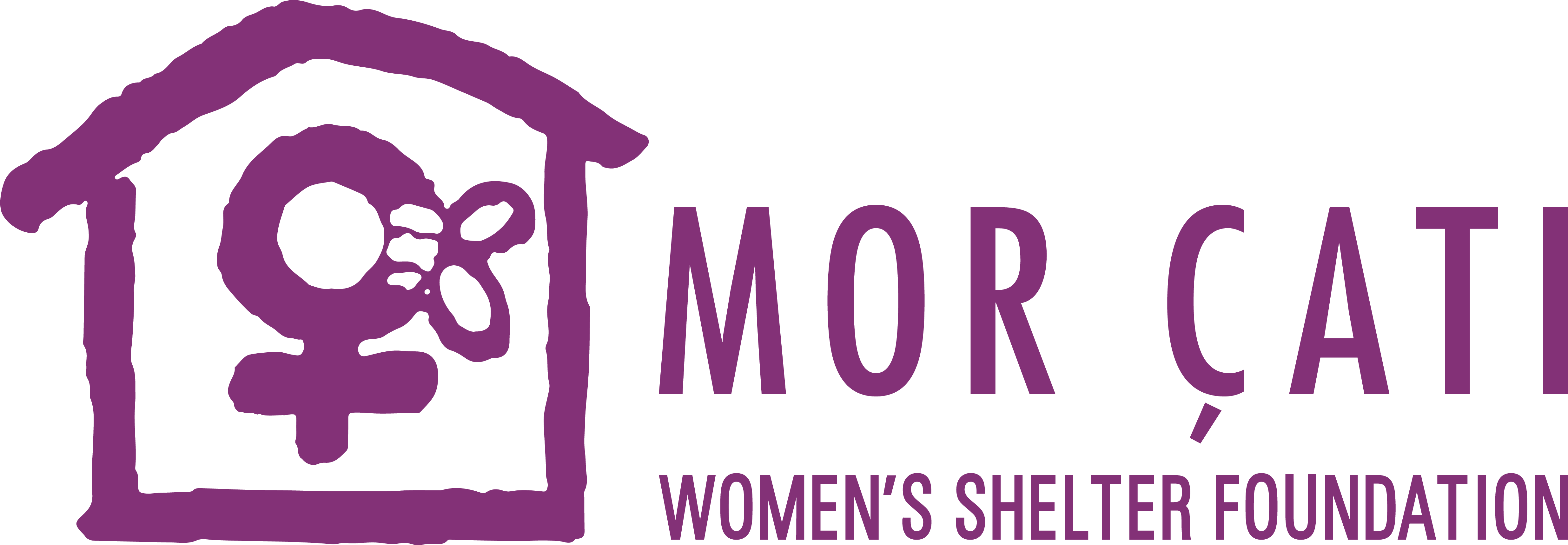We have been combating male violence by strengthening women’s solidarity since 1990. The solidarity we form with women who struggle to get away from violence offers us information and knowledge not only about the dynamics of violence but also about the ways in which the existing mechanisms function. Conventions and laws to which Turkey is a party, first and foremost the Istanbul Convention and the Law No. 6284, constitute the basis of the mechanisms to combat violence against women. The experiences of women who apply to the institutions to access the support they need for getting away from violence renders it possible for us to see the difficulties and the possibilities in the fight against violence against women in Turkey.
The new period marked by the pandemic conditions and the measures taken after the first coronavirus case was made public in Turkey in March 2020 has been the beginning of a new phase both for women’s struggle in combatting violence and for the actions taken by the institutions responsible for supporting women. During the pandemic, on the one hand, we carried out works to further continue the solidarity we formed with women at Mor Çatı, and on the other, we monitored what the institutions responsible for combatting violence did. As it is demonstrated by the monitoring reports we prepared, during this period, the combat against male violence has been shelved. We even witnessed that these institutions used the pandemic as a pretext for not fulfilling their duties. The fact that the Ministry of Family, Work and Social Services did not prepare an emergency action plan, which would offer solutions to the women who are trying to get away from violence during the pandemic, resulted in serious disruptions. Looking at what has been done by the state to combat male violence, what we have been experiencing in 2020, and what we learned from the experiences of women, we see that the purported political will to combat violence against women is wanting. When we consider the practices as well as our experiences which we gained through women, we see that the public institutions do not function in a way to address women’s needs, do not make it possible for women to enjoy their rights, do not work in coordination, and most of the time, dump their responsibilities to other institutions.
The assaults against the Istanbul Convention were another threat that we faced this year. On 20 March 2021 we learned that Turkey had pulled out of the convention. The decision Mor Çatı Women’s Shelter Foundation Mor Çatı Women’s Shelter Foundation Activity Report 2020 to withdraw came at a time when we were dealing with important issues –such as the Istanbul Convention not being properly implemented, and the recommendations offered by the GREVIO report not being realized– and the opening of the convention’s articles to discussion was utterly worrisome for us. The decision to pull out from the convention not only means that the state is not keeping its promise which it delivered in an international arena to combat violence against women and not recognizing its duties and responsibilities in combatting against male violence, but also condemns women to violence.
We see behind the decision to refrain from mentioning the Istanbul Convention in the “2020-2021 Coordination Plan for Combatting Violence Against Women” the emphasis put on importance of protecting family. Policies which are centered around protecting family rather than strengthening and empowering women constitute obstacles before effective policies to combat violence and preclude the implementers from acting in favor of women when fulfilling their duties. Policies, practices, and circulars which do not prioritize gender inequality as the source of male violence are doomed to fail. For this reason, the notices and circulars issued by the Ministry of Justice and Ministry of the Interior in late 2019 and early 2020 –and parts of which we criticized– were not sufficient in ensuring women’s access to and exercise of their rights. The notice included in the “Additional Covid Measures under COVID-19”, which is announced by the Council of Judges and Prosecutors and mandates “not to evaluate the injunctions taken under Law No. 6284 in a way to pose any threat to the health of the perpetrators under coronavirus conditions” demonstrates not only that those perpetrating violence are prioritized and protected but also constitutes an important example as to how public bodies easily shirk from combatting violence against women in situations of crisis.
Hoping that it would contribute to the struggle against violence against women in Turkey, we share with you our activity report which includes the works we carried out in 2020 and our observations regarding the dynamics of violence and the functioning of various institutions.
